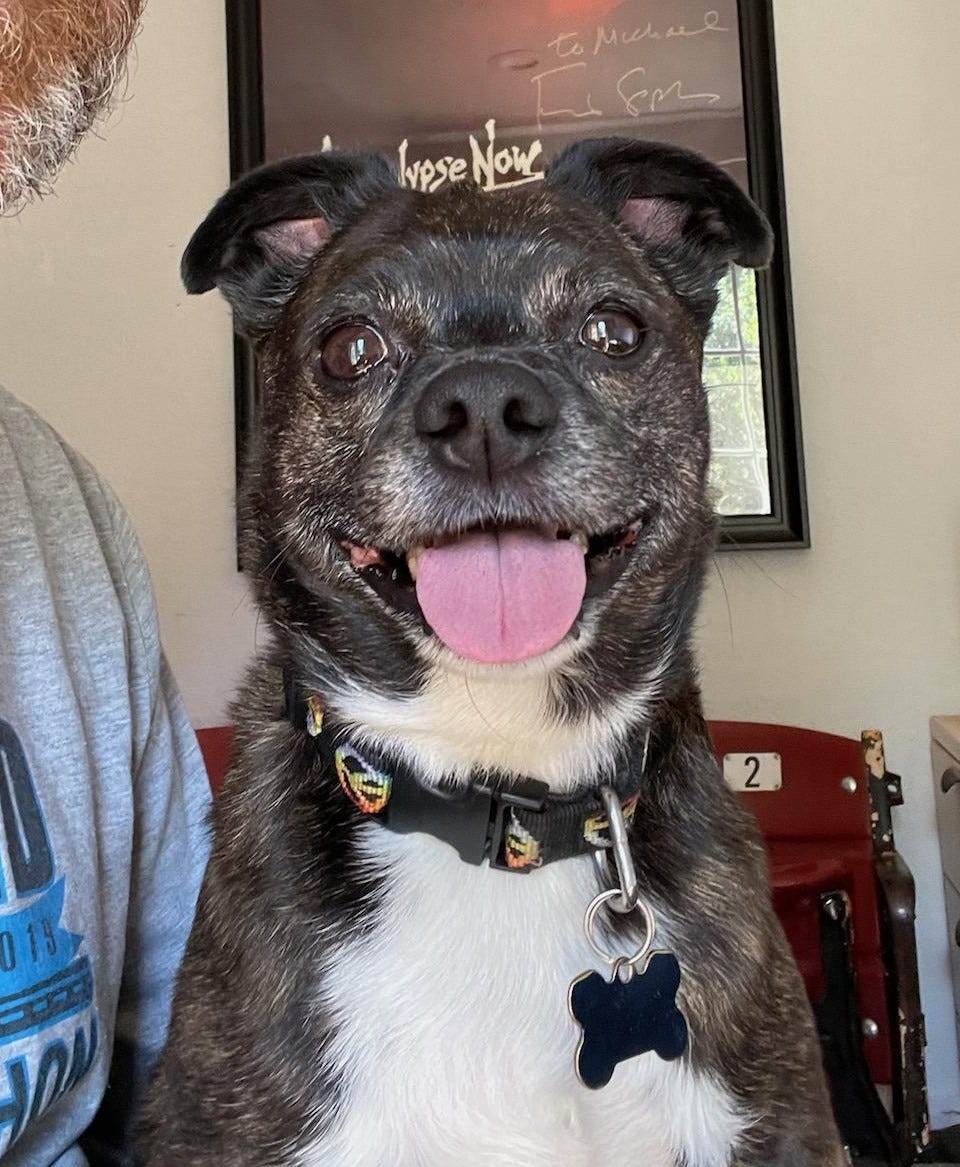What happens to them if something happens to you?
Estate planning for animal companions
Not long ago, a friend asked for help placing a dog who lost his home when the person he lived with unexpectedly died. At seven years old, the little dog was looking for a new start in life. Thankfully, a local family adopted him.
I received a similar email about a cat who was left outside after her person died. The person’s relatives evicted the cat from her home when they listed it for sale. When neighbors called the local “shelter,” the pound refused to help. Even though the older cat needed regular medical care for hyperthyroidism, the local pound told neighbors they would not accept the cat because they subscribed to a model of “community sheltering” — a euphemism for no sheltering. Instead, staff told neighbors to leave the cat where she was or handle it themselves. Like the dog, the cat is now safe.
When I ran shelters, people periodically dropped off animals when a parent or friend died. As a No Kill animal control shelter, we took the animals in, cared for them, and rehomed them. But in other communities, the result can be homelessness or even death.
Thankfully, there is a solution: a Pet Trust.
A Pet Trust is an estate planning document to provide for one’s animal companions upon incapacity or death. It identifies one or more trustees empowered to take custody or arrange temporary housing for pets until finding a permanent home. Ideally, the Trust also provides money to care for animals, and a trustee oversees expenses and ensures their health and safety.
One of the (many) hats I wear is as a trustee for Pet Trusts created by friends and family. In one case, a friend who died left behind a dog and three cats. Friends adopted all four of the animals. Every quarter, the trustees verify the pets are ok, send a check for standard care and maintenance like food, toys, litter, grooming, and other supplies, and pay veterinary bills.
Although two suffered catastrophic illnesses costing thousands of dollars, their new families did not have to worry about the cost because the Trust paid the bills. Instead, they could focus exclusively on what was best for the animals.
Not all of us are in a position to set aside that kind of money, but something is better than nothing. At the very least, a Pet Trust can decide who will care for animals so they have someplace to go and do not end up at a local pound, killed, or left to fend for themselves.1
If the Pet Trust sets aside money for their care and there is money left over after all the animals have died, it can go to a charity or to care for other animals. This is important because, as tragic as this sounds, there is a built-in disincentive to ensure those animals live long, happy, healthy lives by those who stand to inherit the remainder.
Setting up a Pet Trust is relatively easy. It can be created without an attorney through a service like Nolo Press, though ideally, a lawyer specializing in them would do so because of unique challenges. For example, since pets are considered “property,” people can’t leave money directly to them. And if people rely on a traditional Will, if “the Will goes to probate, the pet will be in limbo until legal issues are resolved.” There are other challenges and potential pitfalls. But those pitfalls pale in comparison to doing nothing. As such, everyone should create a Pet Trust regardless of how they do so.
Without one, as an estate planning attorney states rather bluntly,
You’re relying on good intentions of family and friends, and that’s not a plan — that’s wishful thinking. It’s a hard fact to get across to people. If they don’t plan for their pet, their pet may end up dead.
Resources:
What will happen to your pets after you die? Make a plan for your furry friends.
How to leave a legacy for your pet.
A Pet Trust should name people who can be both short- and long-term caregivers. It is important to get their permission beforehand and identify alternatives if one or more become unable or unwilling to take responsibility.



yes -- thank you -- What happens to them if something happens to you ? — Visit your NO-KILL Rescue to set up a Plan.